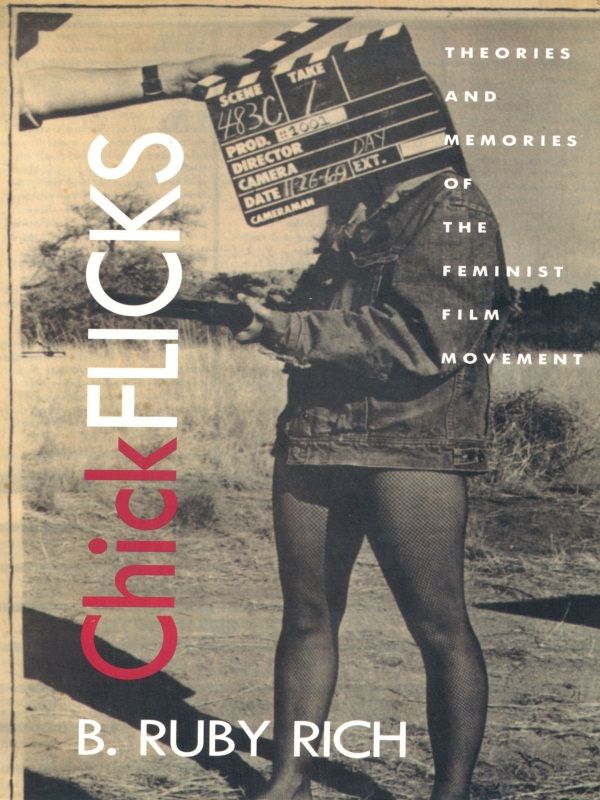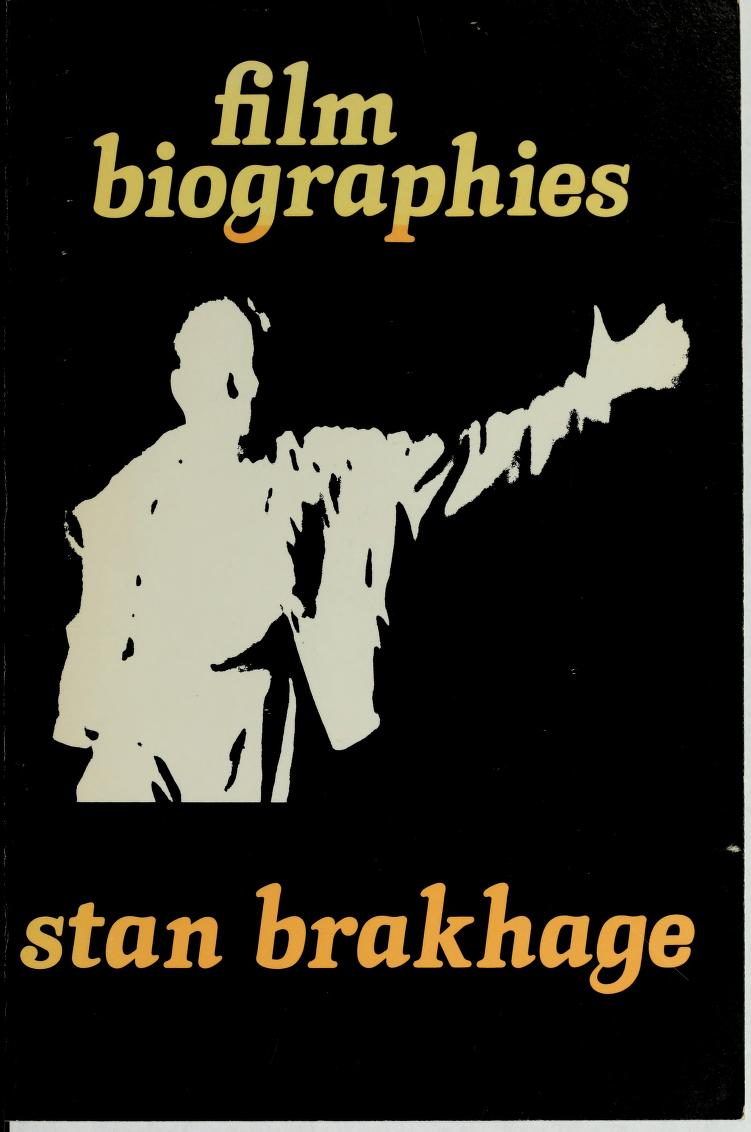B. Ruby Rich: Chick Flicks: Theories and Memories of the Feminist Film Movement (1998)
Filed under book | Tags: · 1970s, 1980s, cinema, feminism, film, film criticism, film history, film theory, queer, women

“If there was a moment during the sixties, seventies, or eighties that changed the history of the women’s film movement, B. Ruby Rich was there. Part journalistic chronicle, part memoir, Chick Flicks—with its definitive, the-way-it-was collection of essays—captures the birth and growth of feminist film.
For over three decades Rich has been one of the most important voices in feminist film criticism. Her presence at film festivals, her film reviews in the Village Voice, Elle, Out, and the Advocate, and her commentaries on the public radio program “The World” have secured her a place as a central figure in the history of what she deems “cinefeminism.” In the hope that a new generation of feminist film culture might be revitalized by reclaiming its own history, Rich introduces each essay with an autobiographical prologue that describes the intellectual, political, and personal moments from which the work arose. Travel, softball, sex, and voodoo all somehow fit into a book that includes classic Rich articles covering such topics as the antiporn movement, the films of Yvonne Rainer, a Julie Christie visit to Washington, and the historically evocative film Mädchen in Uniform.”
Publisher Duke University Press, Durham and London, 1998
ISBN 0822321211, 9780822321217
448 pages
Review (Linda Mizejewski, Women’s Review of Books, c1998)
Review (Susan Lord, Film Studies, c1999)
Review (Felicity Collins, 1999)
See also Women and Film Project initiated in 2013 by Clarissa Jacob and Kate Wieteska.
Comment (0)Lotte H. Eisner: The Haunted Screen: Expressionism in German Cinema and the Influence of Max Reinhardt (1952/1969)
Filed under book | Tags: · 1910s, 1920s, cinema, expressionism, film, film criticism, film history, germany, romanticism, theatre

The expressionist era of German cinema began at the end of the First World War and ended shortly after the coming of sound. From The Cabinet of Dr. Caligari onwards the principal films of this period were characterized by two influences: literary Expressionism, and the innovations of the theatre directors of this period, in particular Max Reinhardt. This book demonstrates the connection between German Romanticism and the cinema through Expressionist writings. It discusses the influence of the theatre: the handling of crowds; the use of different levels, and of selective lighting on a predominately dark stage; the reliance on formalized gesture; the innovation of the intimate theatre. Against this background the principal films of the period are examined in detail. The author explains the key critical concepts of the time, and surveys not only the work of the great directors, such as Fritz Lang and F. W. Murnau, but also the contribution of their writers, cameramen, and designers.
First published as L’Écran démoniaque. Influence de Max Reinhardt et de l’Expressionisme, 1952; revised 1965.
Translated by Roger Greaves
Publisher Thames and Hudson, London, 1969
360 pages
via knappen
Review (Richard B. Byrne, Cinema Journal, 1970)
PDF (116 MB)
Comment (0)Stan Brakhage: Film Biographies (1977)
Filed under book | Tags: · cinema, film, film history, film theory, narrative

A collection of lectures delivered by Brahkhage while he was teaching at The Art Institute of Chicago in 1970-73. Filmmakers discussed include George Melies, D.W. Griffith, Carl Theodore Dreyer, Sergei Eisenstein, Charlie Chaplin, Laurel and Hardy, Buster Keaton, Jean Vigo, Fritz Lang, F.W. Murnau, and Alexender Dovzhenko. A special lecture is dedicated to The Cabinet of Dr. Caligari. Introductions to the text by Robert Creeley, Edward Dorn, and Guy Davenport.
Publisher Turtle Island, Berkeley, 1977
ISBN 0913666173
295 pages
PDF (35 MB)
Comment (0)
